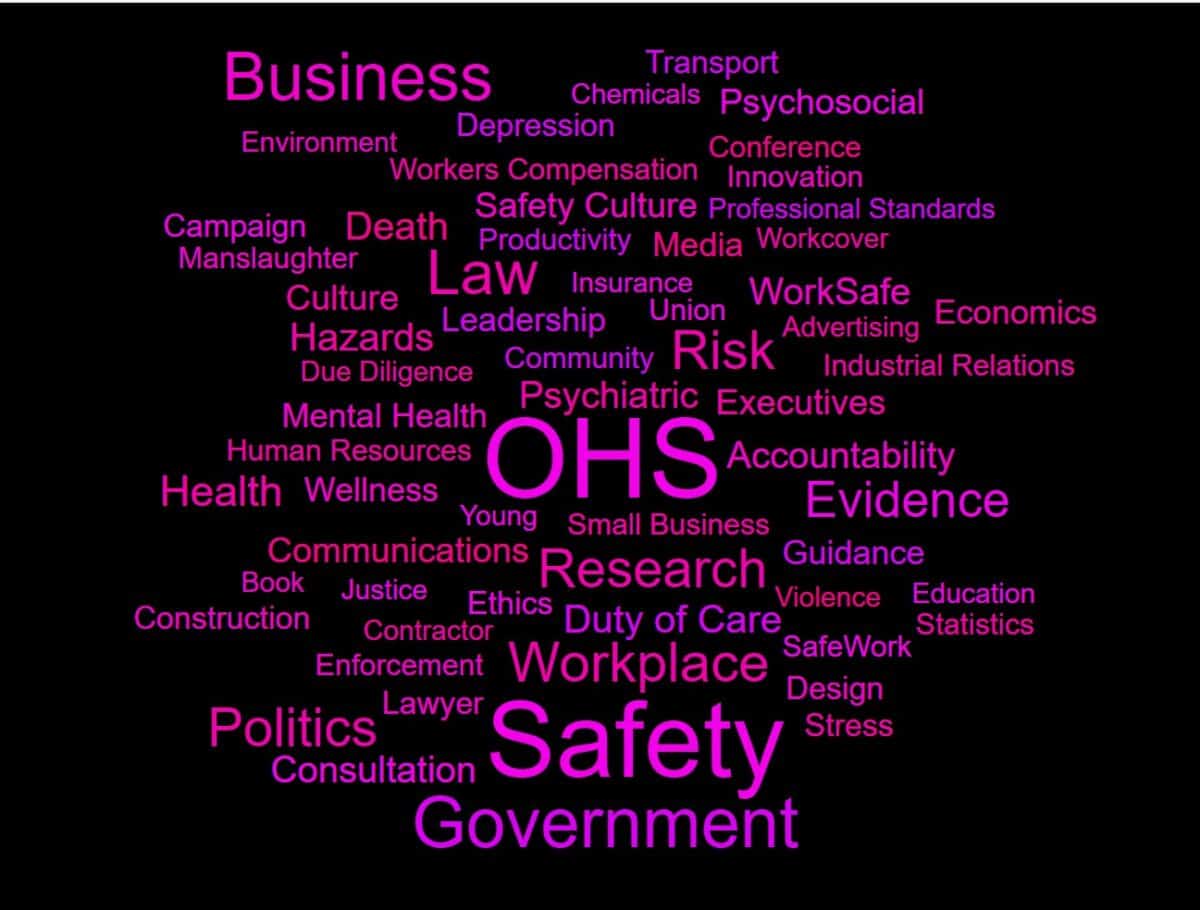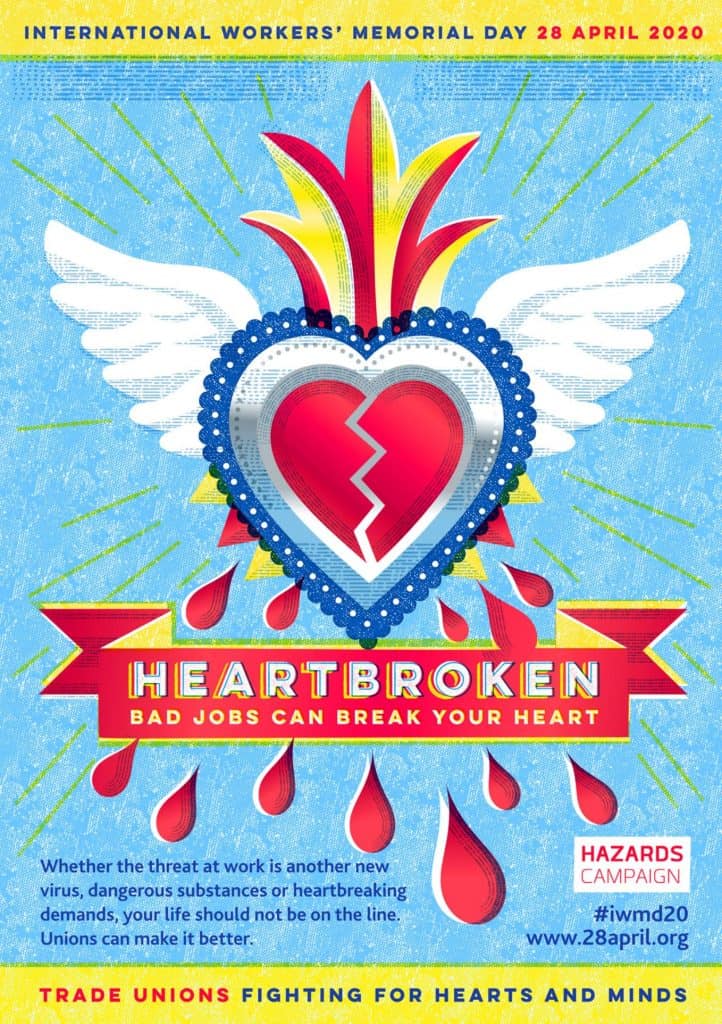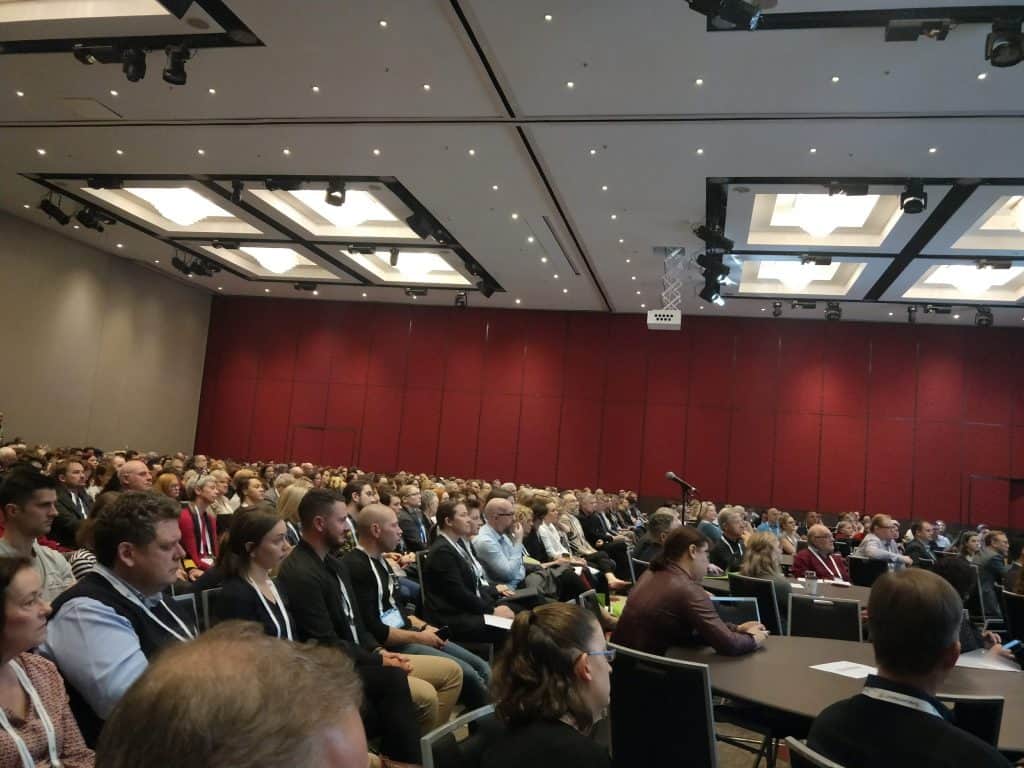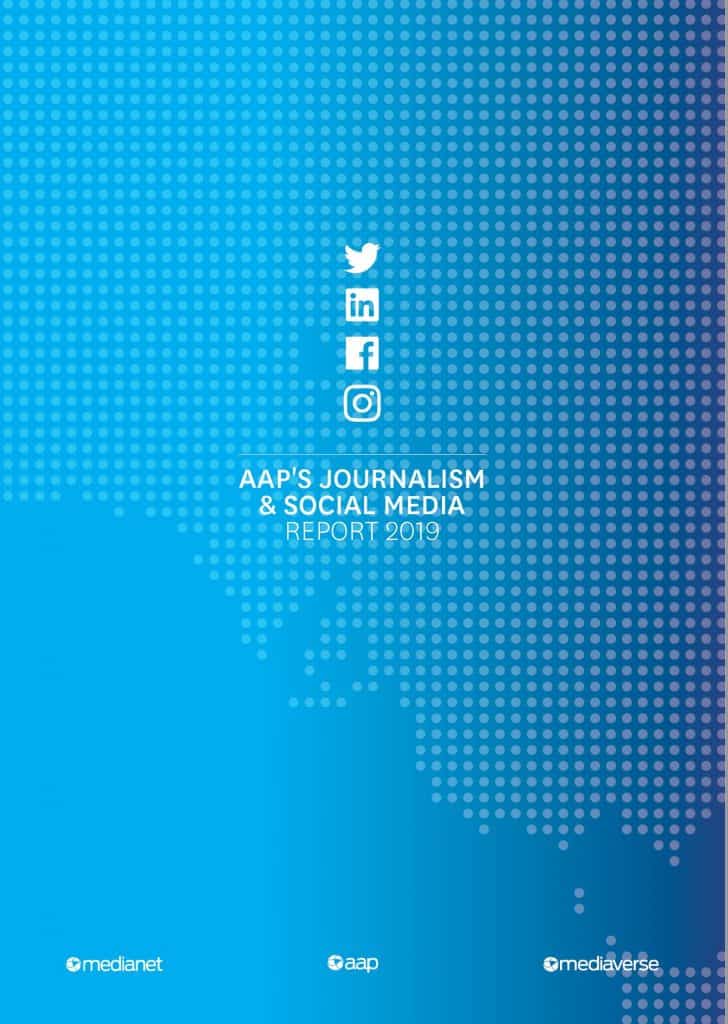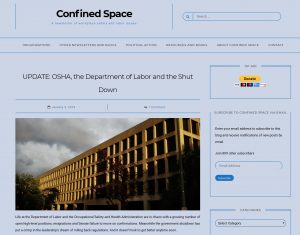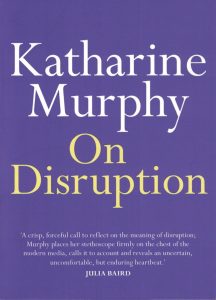Occasionally SafetyAtWorkBlog publishes a statistical profile in response to one of the most common questions I get asked – who many readers does the blog have? The internet is far from simple and internet statistics are perhaps the most unreliable of all statistics, as some are purposely hidden, others are intentionally obtuse and almost all of it relates to advertising. Bearing that in mind, WordPress records that this blog has been viewed 3,836,432 times in 2020.
Below is some of the data available with a comparison, where possible, with statistics from two years ago.

